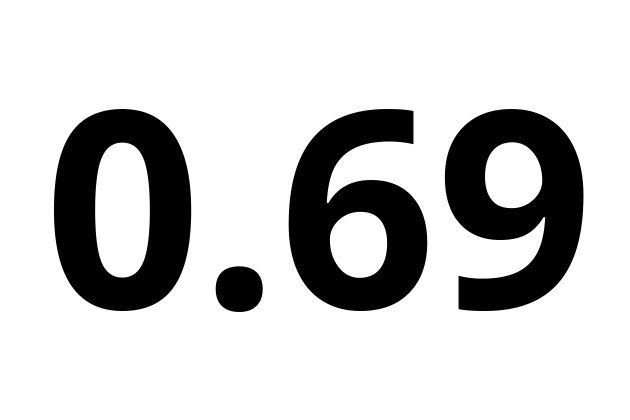The development organisation said that:
“The HCI measures the amount of human capital that a child born today can expect to attain by age 18. It conveys the productivity of the next generation of workers compared to a benchmark of complete education and full health.”
The index has a scale of 0 to 1, based on a number of measures, such as the quality of learning and “proportion of children who are not stunted”, stated the report. “An economy in which the average worker achieves both full health and full education potential will score a value of 1 on the index.”
Luxembourg: 69%
The grand duchy scored 0.69. That means, said the World Bank (PDF), that:
“A child born in Luxembourg today will be 69 percent as productive when she grows up as she could be if she enjoyed complete education and full health.”
The Slovak Republic also scored 0.69. Hungary and Malta both had an HCI of 0.70, while Greece, the Seychelles and Bulgaria each scored 0.68.
The global average was 0.56. Singapore, South Korea and Japan had the highest scores, while Niger, South Sudan and Chad had the lowest.
The Human Capital Index was released at the joint annual meeting of the IMF and World Bank in Indonesia on 11 October.
It followed the publication of a similar human capital study conducted by the Institute for Health Metrics and Evaluation and published in The Lancet last month.
According to The Economist:
“The indices are not just exercises in measurement. They are also motivational tools. The World Bank worries that governments underinvest in human capital, because the rewards arrive painfully slowly and often without fanfare. By ranking countries, these indices may appeal to governments’ national pride and competitive spirit, much like the bank’s annual assessments of the ease of doing business around the world.”
